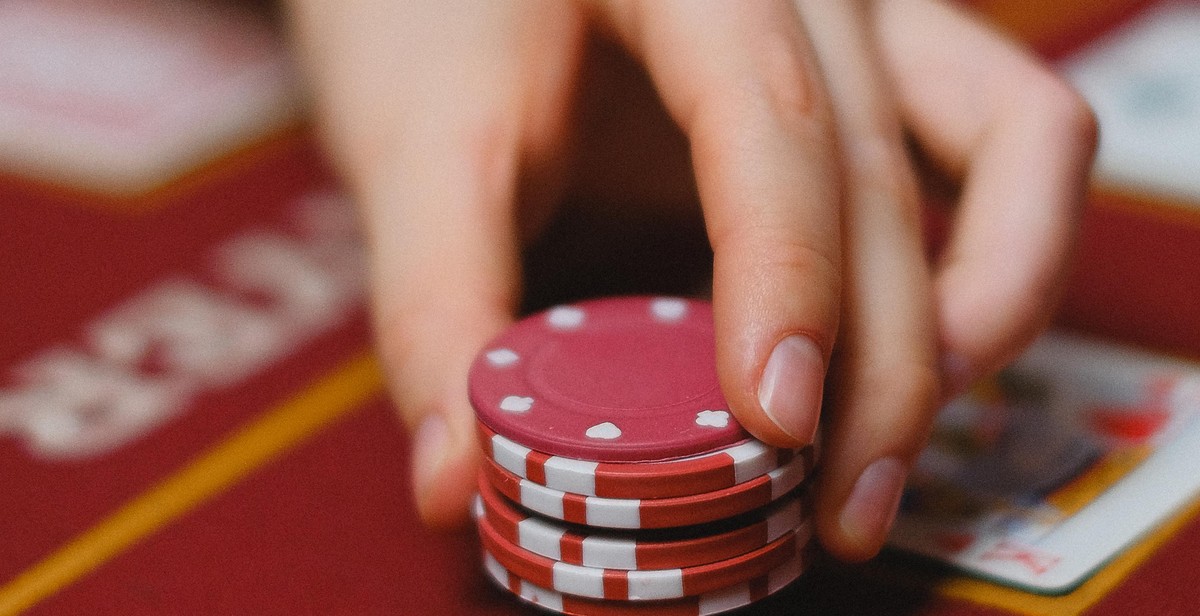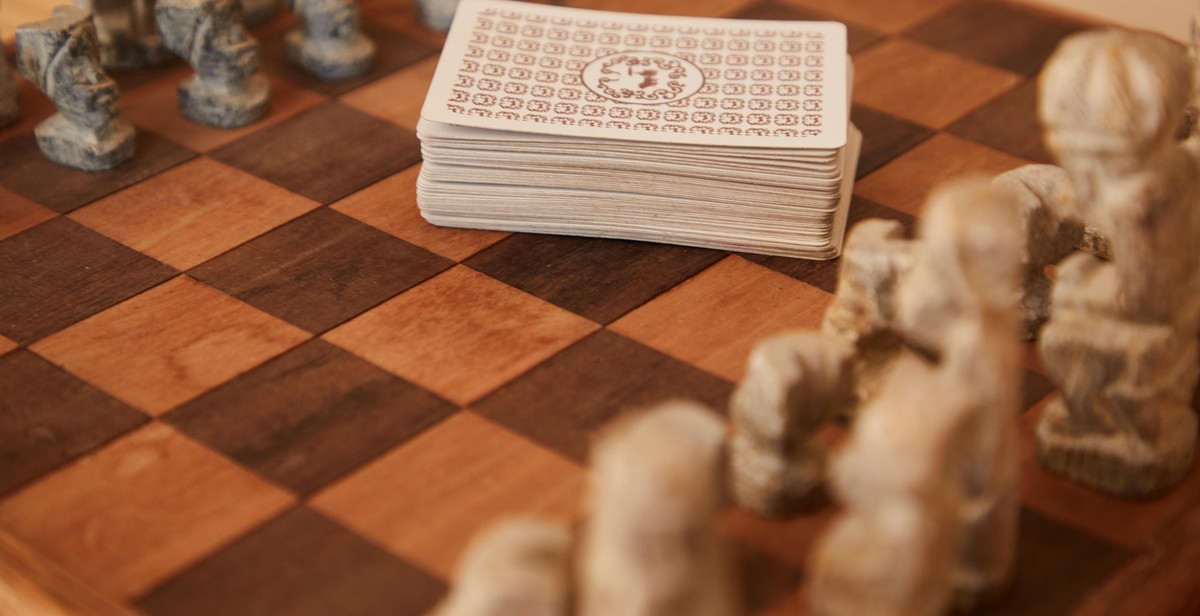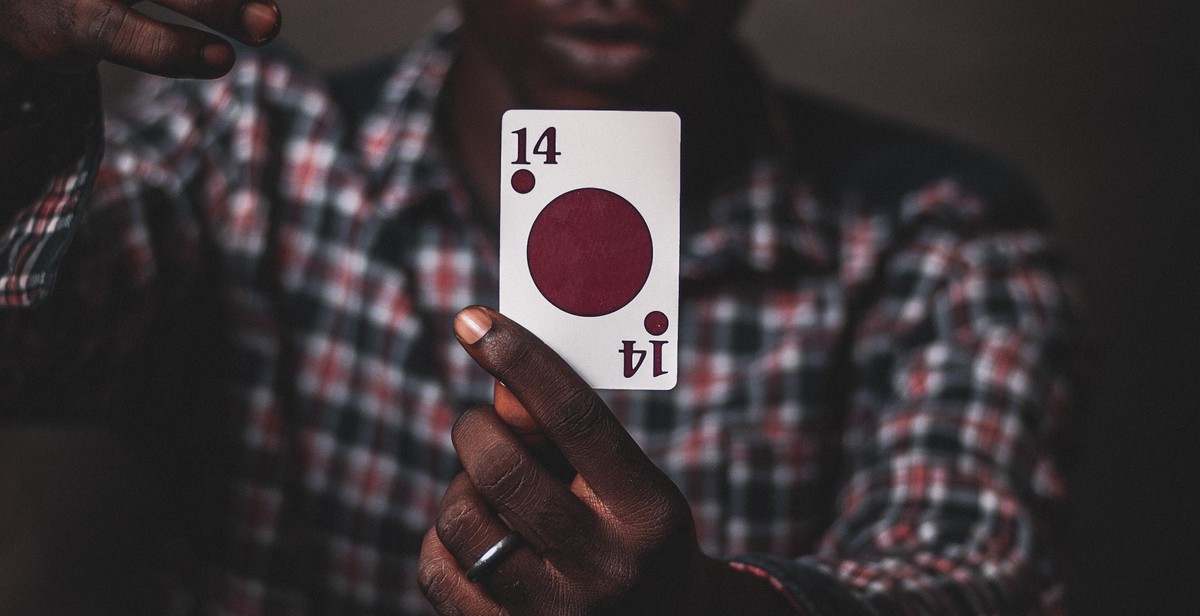How to Play Three-Card Poker: Beginner’s Guide to Rules and Strategies
If you are looking for a fun and exciting card game to play, then Three-Card Poker might just be the perfect choice for you. This popular casino game is easy to learn and offers players the chance to win big payouts with a relatively low house edge.
What is Three-Card Poker?
Three-Card Poker is a fast-paced card game that is played with a standard deck of 52 cards. The objective of the game is to make the best three-card poker hand possible, using any combination of the player’s three cards and the dealer’s three cards.
The game was first introduced in 1994 by Derek Webb and has since become a staple in many casinos around the world. It is a relatively new game compared to other popular casino games like blackjack and roulette, but its simplicity and fast-paced action have made it a hit with players of all skill levels.
Why Play Three-Card Poker?
One of the main reasons to play Three-Card Poker is the potentially high payouts. The game offers a variety of different betting options, including a chance to win a 1,000 to 1 payout on a straight flush.
Another reason to play Three-Card Poker is its simplicity. The game is easy to learn, with only a few basic rules to follow. This makes it a great choice for beginners who are just getting started with casino games.
Overall, Three-Card Poker is a fun and exciting game that offers the chance to win big payouts with a relatively low house edge. Whether you are a seasoned gambler or a beginner, this game is definitely worth checking out.

Rules of Three-Card Poker
Three-Card Poker is a popular casino game that combines elements of traditional poker and casino games. The game is played with a standard deck of 52 cards and involves making the best possible three-card poker hand. Here are the basic rules of Three-Card Poker:
Hand Rankings
In Three-Card Poker, the hand rankings are slightly different from traditional poker. The highest hand is a straight flush, followed by three of a kind, straight, flush, pair, and high card. A straight flush is three cards of the same suit in sequence, while three of a kind is three cards of the same rank.
Ante and Play
To play Three-Card Poker, the player must first place an ante bet. The dealer then deals three cards face down to the player and three cards face down to themselves. The player can then choose to either fold or make a play bet equal to their ante bet.
If the player chooses to make a play bet, the dealer will reveal their cards. To qualify, the dealer must have at least a queen-high hand. If the dealer does not qualify, the player wins even money on their ante bet and their play bet is returned. If the dealer does qualify and has a better hand than the player, the player loses both their ante and play bets. If the player has a better hand than the dealer, they win even money on both their ante and play bets.
Pair Plus
In addition to the ante and play bets, Three-Card Poker also has a Pair Plus bet. This bet is based solely on the player’s hand and does not involve the dealer’s hand. The player wins the Pair Plus bet if they have a pair or better, regardless of the dealer’s hand. The payout for a Pair Plus bet varies depending on the casino, but typically ranges from 1:1 for a pair to 40:1 for a straight flush.
Payouts
The payouts for the ante and play bets in Three-Card Poker are as follows:
– If the player wins and the dealer qualifies, the player wins even money on both their ante and play bets.
– If the player wins and the dealer does not qualify, the player wins even money on their ante bet and their play bet is returned.
– If the player loses, they lose both their ante and play bets.
– If the player and dealer tie, both the ante and play bets are returned.
It is important to note that the payouts for Three-Card Poker may vary depending on the casino. Players should always check the paytable before playing to ensure they understand the payouts and any potential side bets.
Conclusion
In summary, Three-Card Poker is a fun and exciting casino game that is easy to learn. By understanding the hand rankings, ante and play rules, Pair Plus bet, and payouts, players can increase their chances of winning and enjoy the game to the fullest.

Basic Strategies for Three-Card Poker
Three-card poker is a relatively simple game that can be mastered quickly with a few basic strategies. Here are some tips to help you improve your chances of winning:
Playing the Ante
The Ante is the initial bet that you make before the cards are dealt. It is important to remember that the Ante is mandatory, and you cannot play Pair Plus without it. To play the Ante, you need to have a good understanding of the hand rankings, which are as follows:
- Straight flush
- Three of a kind
- Straight
- Flush
- Pair
- High card
When you have a hand that is higher than Queen, Six, Four, you should play the Ante. If your hand is lower than that, you should fold and wait for the next round.
Playing the Pair Plus
The Pair Plus is an optional bet that you can make in addition to the Ante. It is based solely on the rank of your hand, and you do not have to beat the dealer to win. The payouts for Pair Plus bets vary depending on the casino, but the most common payouts are as follows:
| Hand | Payout |
|---|---|
| Straight flush | 40 to 1 |
| Three of a kind | 30 to 1 |
| Straight | 6 to 1 |
| Flush | 4 to 1 |
| Pair | 1 to 1 |
| High card | lose |
If you have a hand that is higher than a Pair, you should play the Pair Plus bet. If not, you should fold and wait for the next round.
When to Fold
You should fold if your hand is lower than Queen, Six, Four when playing the Ante. You should also fold if you have a hand that is lower than a Pair when playing the Pair Plus.
When to Raise
You should raise when you have a hand that is higher than Queen, Six, Four when playing the Ante. You should also raise if you have a hand that is higher than a Pair when playing the Pair Plus.
By following these basic strategies, you can increase your chances of winning at three-card poker. Remember to always play within your budget and have fun!

Advanced Strategies for Three-Card Poker
Once you have mastered the basic rules of three-card poker, it’s time to take your game to the next level with these advanced strategies:
Using Probabilities to Your Advantage
Understanding the probabilities of different hands can give you a significant advantage in three-card poker. For example, the odds of getting a pair or better on the deal are about 25%, while the odds of getting a flush are only about 4%. Keep these probabilities in mind when deciding whether to play or fold your hand.
Another important probability to consider is the likelihood of the dealer having a qualifying hand. In order for the dealer to play, they must have at least a queen-high hand. The probability of the dealer having a qualifying hand is around 69%, so if you have a strong hand, it may be worth betting against the dealer.
Reading Opponents’ Hands
One of the most important skills in three-card poker is the ability to read your opponents’ hands. Look for any tells or patterns in their betting behavior that may indicate the strength of their hand. For example, if an opponent is betting aggressively, they may have a strong hand. Conversely, if an opponent is hesitating to bet, they may have a weaker hand or be bluffing.
It’s also important to pay attention to the cards that are already on the table. If there are already several cards of the same suit on the table, it’s less likely that an opponent has a flush. Similarly, if there are already several high cards on the table, it’s less likely that an opponent has a strong hand.
Bluffing and Misdirection
Bluffing and misdirection can be effective strategies in three-card poker, but they should be used sparingly and only when you have a good read on your opponents. Bluffing involves betting as if you have a stronger hand than you actually do, in order to convince your opponents to fold. Misdirection involves intentionally acting in a way that contradicts the strength of your hand, in order to confuse your opponents.
When bluffing or using misdirection, it’s important to be consistent with your behavior throughout the hand. Any sudden changes in your betting or body language could give away your true intentions.
| Strategy | Explanation |
|---|---|
| Using Probabilities to Your Advantage | Understanding the odds of different hands and the likelihood of the dealer having a qualifying hand can help you make better decisions. |
| Reading Opponents’ Hands | Observing your opponents’ betting behavior and the cards on the table can help you determine the strength of their hand. |
| Bluffing and Misdirection | Bluffing and misdirection can be effective strategies when used sparingly and consistently throughout the hand. |

Conclusion
Three-card poker is a fun and easy game to learn, making it a popular choice among casino-goers. By understanding the rules and basic strategies, you can increase your chances of winning and have a more enjoyable experience at the table.
Remember to always start by placing an ante bet, and then consider making a pair plus bet for the chance to win even more. When it comes to playing your hand, follow the basic strategy of playing with Q-6-4 or better, and folding anything worse. And don’t forget to pay attention to the dealer’s hand, as this can help inform your decision to play or fold.
Additionally, it’s important to manage your bankroll wisely and not get carried away with the excitement of the game. Set a budget for yourself and stick to it, and don’t chase losses by betting more than you can afford.
Overall, three-card poker is a game of luck, but by following these tips and strategies, you can give yourself the best chance of winning and having a great time at the casino.
Final Thoughts
- Three-card poker is a popular casino game that is easy to learn and play
- Always start with an ante bet and consider making a pair plus bet for the chance to win more
- Follow basic strategy by playing with Q-6-4 or better and paying attention to the dealer’s hand
- Manage your bankroll wisely and set a budget for yourself
| Pros | Cons |
|---|---|
| Easy to learn and play | Game is based on luck |
| Chance to win big with pair plus bet | Can be addictive and lead to overspending |
| Exciting and fast-paced gameplay | May not be suitable for players looking for more complex games |
